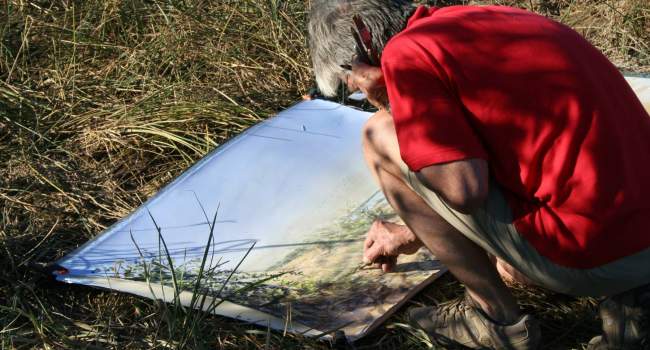Addressing Uncertainty in Marine Resource Management; Combining Community Engagement and Tracking Technology to Characterize Human Behavior
Author(s): Metcalfe, K., Collins, T., Abernethy, K. E., Boumba, R., Dengui, J.-C., Miyalou, R., Parnell, R. J., Plummer, K. E., Russell, D. J.F., Safou, G. K., Tilley, D., Turner, R. A., VanLeeuwe, H., Witt, M. J. & Godley, B. J.
Published: October 2017
Journal: Conservation Letters Volume: 10
Digital Identifier No. (DOI): 10.1111/conl.12293
Small-scale fisheries provide an essential source of food and employment for coastal communities, yet the availability of detailed information on the spatiotemporal distribution of fishing effort to support resource management at a country level is scarce. Here, using a national-scale study in the Republic of Congo, we engaged with fishers from 23 of 28 small-scale fisheries landing sites along the coast to demonstrate how combining community engagement and relatively low cost Global Positioning System (GPS) trackers can rapidly provide fine-scale information on: (1) the behavioral dynamics of the fishers and fleets that operate within this sector; and (2) the location, size and attributes of important fishing grounds upon which communities are dependent. This multidisciplinary approach should be considered within a global context where uncertainty over the behavior of marine and terrestrial resource-users can lead to management decisions that potentially compromise local livelihoods, conservation, and resource sustainability goals.
Small-scale fisheries provide an essential source of food and employment for coastal communities, yet the availability of detailed information on the spatiotemporal distribution of fishing effort to support resource management at a country level is scarce. Here, using a national-scale study in the Republic of Congo, we engaged with fishers from 23 of 28 small-scale fisheries landing sites along the coast to demonstrate how combining community engagement and relatively low cost Global Positioning System (GPS) trackers can rapidly provide fine-scale information on: (1) the behavioral dynamics of the fishers and fleets that operate within this sector; and (2) the location, size and attributes of important fishing grounds upon which communities are dependent. This multidisciplinary approach should be considered within a global context where uncertainty over the behavior of marine and terrestrial resource-users can lead to management decisions that potentially compromise local livelihoods, conservation, and resource sustainability goals.
Staff Author(s)







Share this page